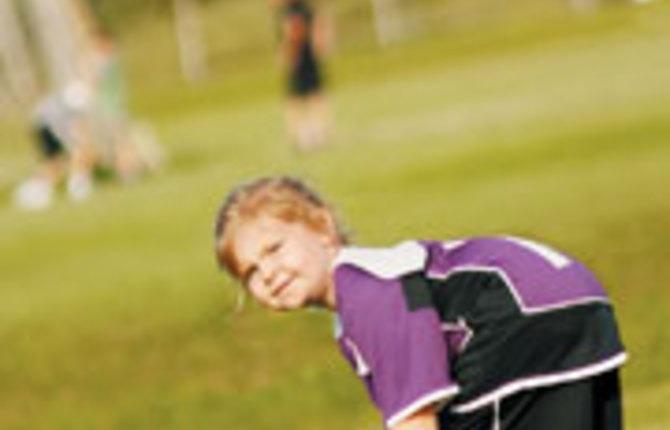
Kids
(MS) — Many children look forward to sports. A chance to play with their friends, sports also represent an opportunity for children to learn many of life’s lessons, from working with others to dealing with loss to accepting authority figures. But as much as children love sports, 80 percent of kids end up abandoning them by the age of 16.
Some might think that’s a reflection of waning athletic talent, but it also reflects a different notion as well. Oftentimes, kids abandon sports thanks to the pressure of participation. So great is the pressure applied by some parents that nearly every state across the country has horror stories where fights among parents have broken out at children’s athletic events. Such behavior by parents is not only unacceptable, but illegal as well.
While such incidents could once correctly be classified as aberrations, they are now becoming more and more common. The National Alliance for Youth Sports (NAYS) has continued to work to make sports more positive for kids, offering programs and services devoted to educating all those involved in sports on the effect sports can have on a child’s psychological development. How a parent behaves at a child’s sporting event can play a big role in who that child becomes and what they will get out of sports. That said, consider the following tips before heading to your child’s game this season.
o Praise effort, not performance: Athletic success for children should mean putting forth the best effort and should have nothing to do with performance. Strong effort typically begets an even stronger performance, so parents should always praise effort over performance.
o Respect coaches: Oftentimes, parents run into trouble with youth sports by complaining about coaches and strategies. Coaches are often volunteers who give of their own time and do their best. Parents complaining about coaches instills a disrespect for authority in children. In addition, it takes away from the enjoyment a child will get from sports, as kids will learn to associate sports with their parents complaining or arguing with a coach. If you have any concerns, discuss them with the coach one-on-one, and don’t complain in front of kids, either at the field or at home.
o Accept your child’s abilities: A recent study conducted by the Northeastern University Center for the Study of Sports determined that high school athletes have a one in 50,000 chance of becoming part of a professional sports team. What those figures illustrate is that it’s largely unrealistic for parents to expect their children to become that one athlete out of 50,000 that eventually gets paid to play a game. Parents need to recognize their children’s abilities and just how difficult sports can be. Parents who place unrealistic expectations on their children are not only ruining the games for their kids, but also fooling themselves as well. Accepting that your child might not be the one doesn’t mean you and your children can’t enjoy sports.
o Work with kids and coaches to set realistic goals: Many coaches have begun the valuable practice of exit meetings once a season ends. Essentially, these meetings are between player and coach and consist of the coach telling the player what is expected out of him or her in the coming season. Parents can become a part of this process as well. Set realistic expectations with kids that kids can meet if they work hard. Steer clear of individualistic goals, such as making all-star teams or winning scoring titles. Such goals might conflict with a team’s goals and will also teach that the individual, and not the team, comes first.





